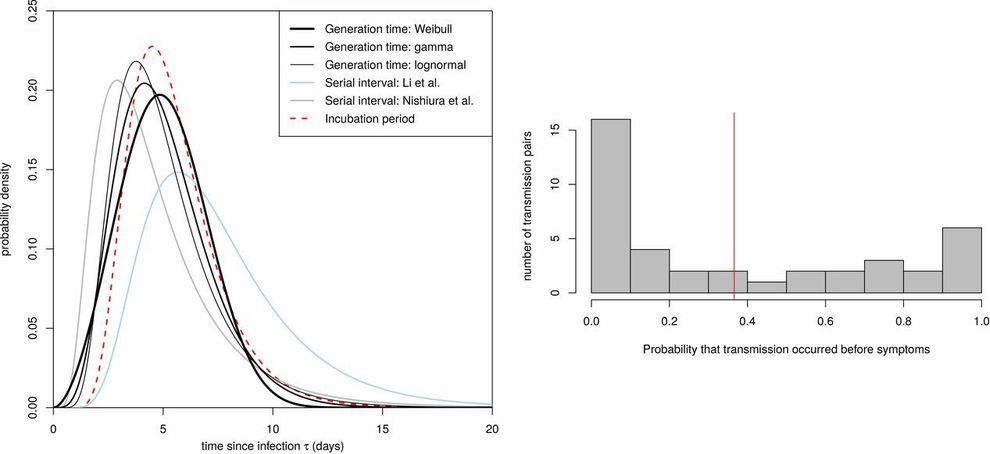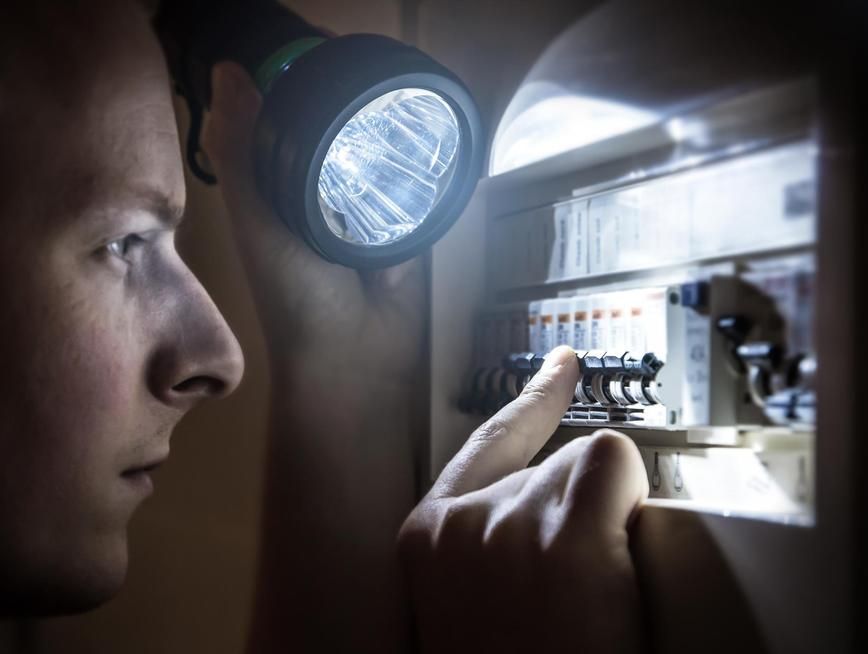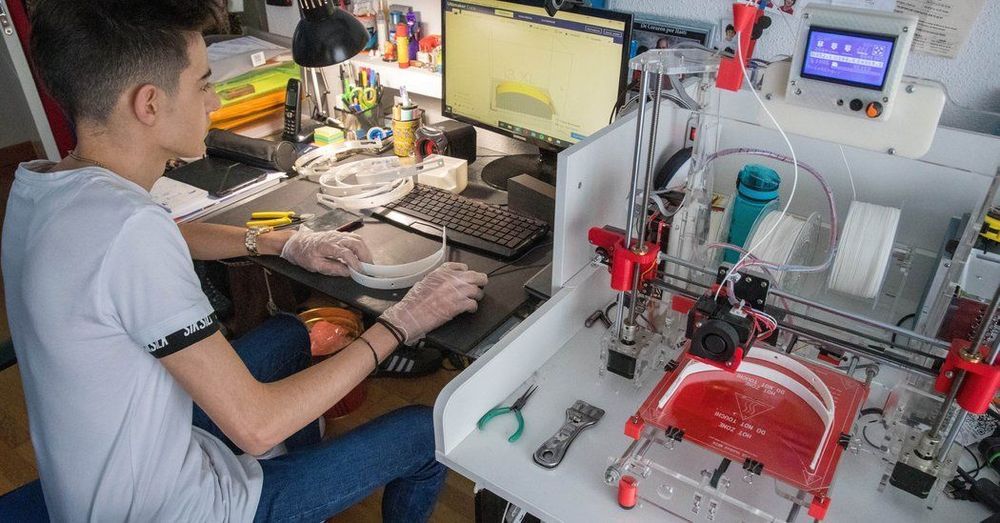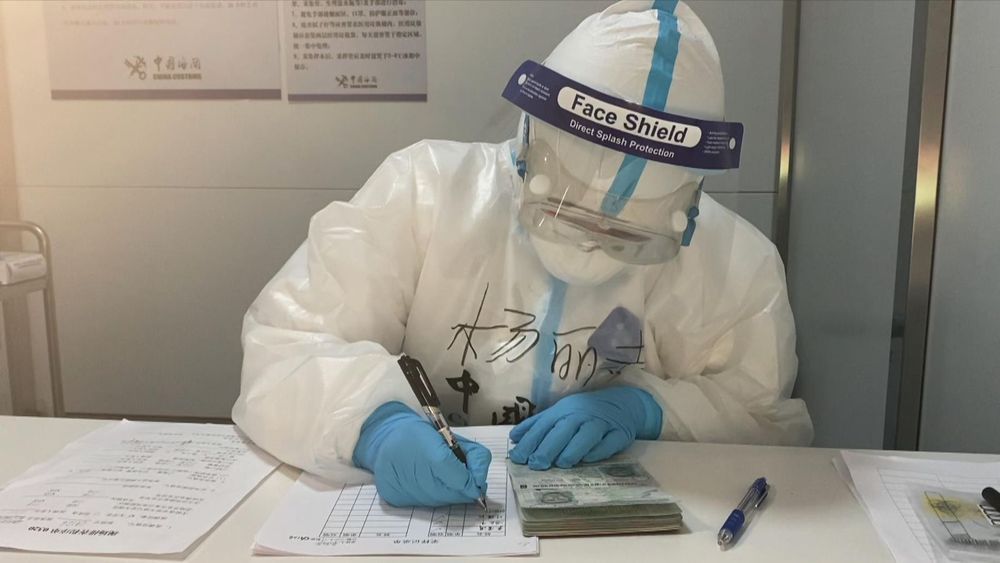
The newly emergent human virus SARS-CoV-2 is resulting in high fatality rates and incapacitated health systems. Preventing further transmission is a priority. We analyzed key parameters of epidemic spread to estimate the contribution of different transmission routes and determine requirements for case isolation and contact-tracing needed to stop the epidemic. We conclude that viral spread is too fast to be contained by manual contact tracing, but could be controlled if this process was faster, more efficient and happened at scale. A contact-tracing App which builds a memory of proximity contacts and immediately notifies contacts of positive cases can achieve epidemic control if used by enough people. By targeting recommendations to only those at risk, epidemics could be contained without need for mass quarantines (‘lock-downs’) that are harmful to society. We discuss the ethical requirements for an intervention of this kind.
COVID-19 is a rapidly spreading infectious disease caused by the novel coronavirus SARS-COV-2, a betacoronavirus, which has now established a global pandemic. Around half of infected individuals become reported cases, and with intensive care support, the case fatality rate is approximately 2%. More concerning is that the proportion of cases requiring intensive care support is 5%, and patient management is complicated by requirements to use personal protective equipment and engage in complex decontamination procedures. Fatality rates are likely to be higher in populations older than in Hubei province (such as in Europe), and in low-income settings where critical care facilities are lacking. In the public health cost of failing to achieve sustained epidemic suppression was estimated as 250,000 lives lost in the next few months in Great Britain, and 1.1−1.2 million in the USA, even with the strongest possible mitigation action to ‘flatten the curve’.








